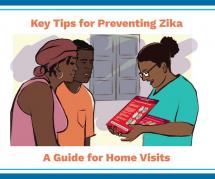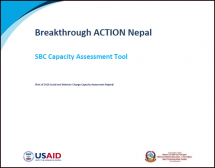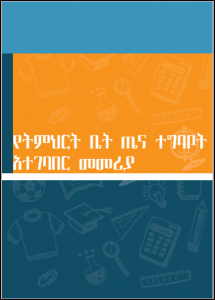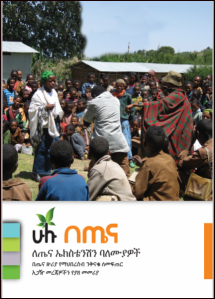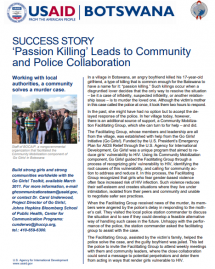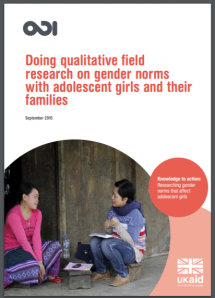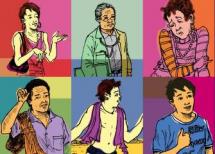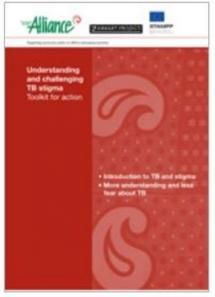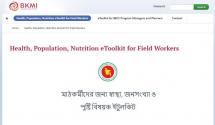Key Tips for the Prevention of Zika, Dengue and Chikungunya: A Guide for Home Visits
This tool(available in English and Spanish) is for community volunteers and health promoters to facilitate home visits in support of the promotion of key behaviors for Zika, dengue, and chikungunya prevention. Each card has two sides, one with images to use when talking with the family and the other with information and images to help the volunteer understand and discuss each behavior.
Organizations, institutions, and projects can adapt the tool to the needs of their organization and country, and Breakthrough ACTION has developed an accompanying guide (in Spanish) that recommends how to adapt the tool to specific needs.
There are also Zika-specific job aids (available in English and Spanish), along with Spanish versions specific to Guatemala and the Dominican Republic.
Source: Breakthrough ACTION/Johns Hopkins Center for Communication Programs
Date of Publication: April 13, 2020
SIMILIAR RESOURCES
Tools
Examples
- Technical Specifications Content Guide for Behaviors with High Potential to Prevent Zika
- Zika Communication Network
- Combating Zika: Social and Behavior Change Fact Sheet
- Technical Specifications Content Guide for Behaviors with High Potential to Prevent Zika
- Zika App
- Prevention of Sexual Transmission of Zika Virus
- Interpersonal Communication for Immunization (IPC-I)
- Community Mosquito Control
- Zika Prevention Behavior Matrix
- Zika Virus Disease: Questions and Answers
- Help Control Mosquitoes that Spread Dengue, Chikungunya, and Zika Viruses
- Facilitator's Guide for Training on Interpersonal Communication Skills
- Sick with Chikungunya, Dengue, or Zika?
- What Everyone Should Know about Bilharzia: An Aid for Community Sensitisation
- Suaahara Home Stead Food Production (HFP) Brochures/ Posters/Job Aids

